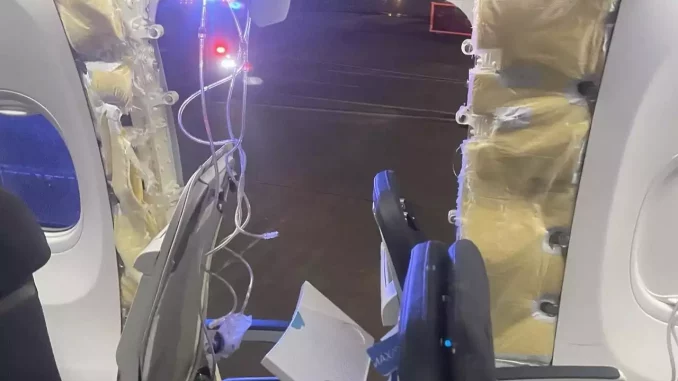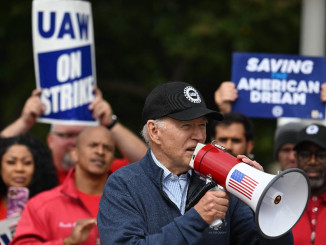
On January 5, an Alaska Airlines Boeing 737 Max 9 nearly crashed when a door plug, a critical component designed to seal unused exit doors, ripped away from the fuselage. Fortunately, no one was injured, and the flight landed safely. Subsequent inspections of United Airlines’ aircraft revealed bolts too loose to hold door plugs on their fleet of Boeing 737 Max 9 airplanes. There have been other reports of incorrectly manufactured or missing safety features on this aircraft type, including in the tail assembly. Court records reveal that workers who make parts for the Max 9 fuselages had tried to tell their bosses it was only a matter of time before there was a disaster.
Boeing subcontracts the production of many critical parts, including doors and door plugs, to Spirit AeroSystems, a company managed by former Boeing executives. Spirit workers complained that the torque wrenches used to check the tightness of bolts were incorrectly calibrated. Still, their efforts to get management to address these and other complaints were rebuffed or covered up. Other documents in the federal complaint charge that Spirit’s profitability depends on speeding up production at the expense of quality.
Companies like Boeing increasingly subcontract out the production of major structural parts of aircraft they design partly because they know the Federal Aviation Administration doesn’t have enough inspectors to monitor subcontractors’ production standards closely. Having more government inspectors, something Boeing like other big corporations generally oppose, would be a good thing. It would be even better if workers had legal protection to shut down production when management sacrifices safety and quality when making products that are dangerous for the public.




